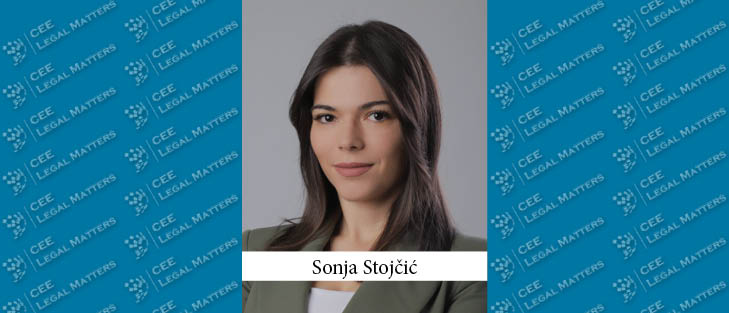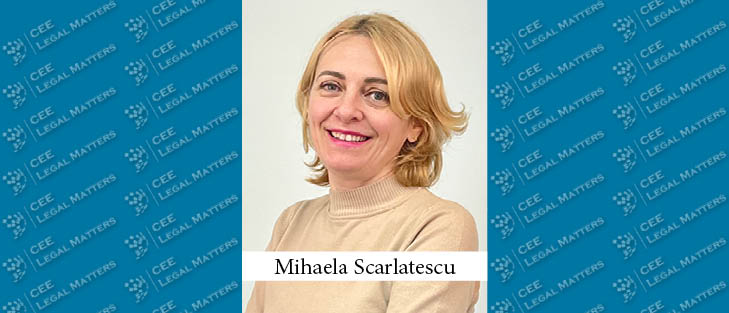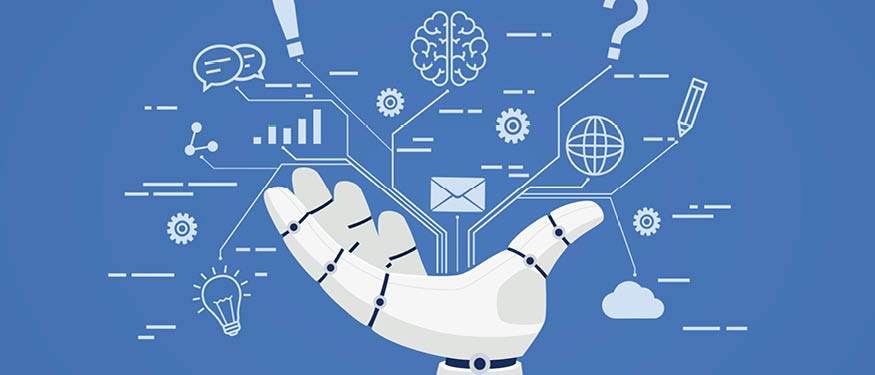Artificial intelligence (AI) is entering the medical sector more and more boldly, transforming the healthcare system and changing the way patients and doctors communicate and how the process of caring for patients' health looks. One of the most exciting tools of this revolution are medical chatbots – AI-based programmes that support both patients and professionals by automating many tasks and offering personalised assistance.
EU Excludes Chinese Companies from Major Contracts in the Medical Device Sector
By Implementing Regulation (EU) 2025/1197, published on Friday, 20 June 2025, the European Commission decided to exclude companies from the People’s Republic of China (PRC) from public contracts for medical devices. This applies to contracts with an estimated value of more than five million euros. Furthermore, no more than 50% of the contract value may be passed on to Chinese companies.
Essential Rules for Pharmacies, Drugstores and Optical Retailers in Bulgaria
Given the growth of the Bulgarian pharmaceutical retail sector, it is essential to understand the legal framework governing the operation of pharmacies, drugstores, cosmetics counters and optical retailers. Each of these types of businesses is subject to specific regulatory requirements designed to safeguard public health, ensure quality control and maintain compliance with both national and EU legislation.
NKO Partners Advises Dr Max on Acquisition of Zalfija Pharmacy Chain in Serbia
NKO Partners has advised Dr Max on its acquisition of Zalfija.
Erdem & Erdem Advises Is Private Equity on Enlila Biotechnology Venture
Erdem & Erdem has advised Is Private Equity on the launch of Enlila.
Processing of Special Categories of Personal Data in the Pharmaceutical Industry: Analysis of the CJEU Ruling
The Court of Justice of the European Union (“CJEU”) has recently issued a significant judgment in the case “Lindenapotheke” (C-21/23), taking a clear stance on the processing of special categories of personal data, namely health data, in the context of online medicine sales within the pharmaceutical industry. The ruling sheds light on how the General Data Protection Regulation (“GDPR”) applies to the data that users provide when ordering pharmacy-only medicinal products online, even those not subject to prescription, and provides clear guidance on the rights and obligations of data controllers.
Inside Insight: Interview with Mihaela Scarlatescu of Farmexim
Farmexim Head of Legal and Compliance Director Mihaela Scarlatescu discusses her 25-year legal journey, leading in-house strategy across pharma and retail, and balancing legal precision with business impact.

















